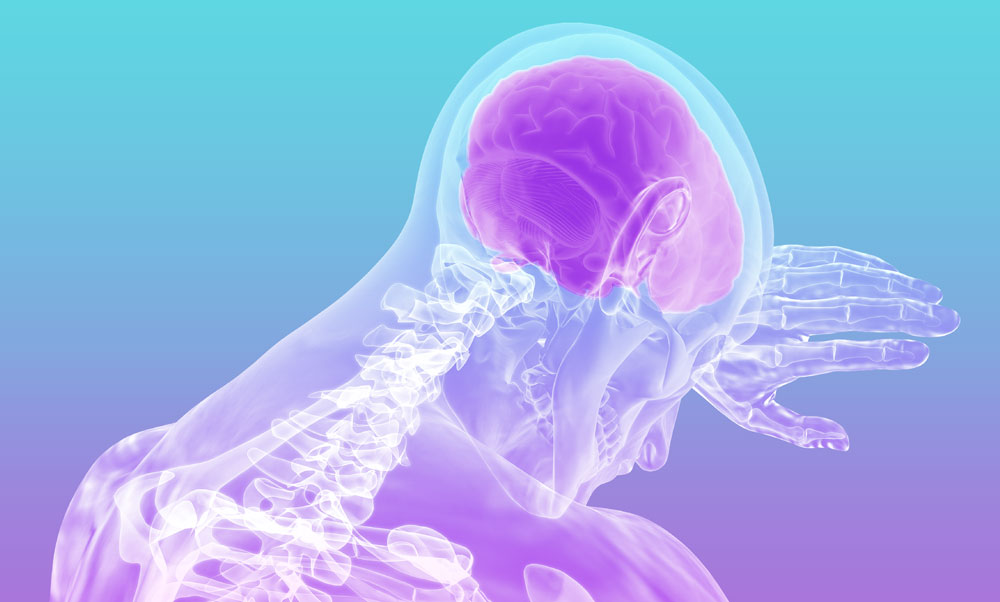Brain Damage from Drug & Alcohol Abuse
Addictive drugs affect the centers of the brain that create the feelings of pleasure. The euphoric effect makes a user want to continue the effect, making addiction likely once someone tries them casually. There is a risk of long-term damage any time a substance changes the chemical responses in the brain. Substance-induced mental disorders are sometimes difficult to separate from mental illness in drug or alcohol abusers.
Types of Brain Damage
Dementia
Alcohol abuse, as well as abuse of depressant drugs, can lead to brain disorders like dementia.
Alcohol affects the parts of the brain that memory, decision-making and coordination. Long-term abuse has proven to cause neurological damage. Alcoholic dementia can be very similar to Alzheimer’s Disease.
Another form of dementia is called Wernicke-Korsakoff Syndrome. It is two different conditions thought to be related to malabsorption caused by alcoholism and other diseases like AIDS and cancer. The deficiency of thiamine or B1 in the brain disrupts normal functions and destroys brain cells, leading to microscopic tears and scarring.
Psychosis
Psychosis can be caused by either drug or alcohol abuse. Korsakoff’s syndrome or Korsakoff’s psychosis is long-term, as compared to Wernicke encephalopathy, which tends to be more temporary in nature. It prevents the brain from forming new memories. Symptoms may include problems like:
- Hallucinations
- Poor coordination
- Memory and learning issues
- Making up stories unintentionally
Nearly 80% of alcoholics have a significant thiamine deficiency in their diets, known to cause both Wernicke encephalopathy and Korsakoff’s psychosis. Although commonly attributable to alcohol abuse, substance-induced psychotic disorder can be caused by almost any substance used over time in large amounts.
Anhedonia
When the brain becomes used to the chemical highs from drugs, it makes it increasingly difficult to experience normal feelings of pleasure from friends, activities, food and sex. This inability to feel pleasure is called anhedonia. It is often exhibited in both social and physical ways. Social anhedonia causes a reticence to be around others, while physical anhedonia causes a person the inability to feel joy from touch or food.
Some of the most common drugs that can lead to anhedonia are:
- Cocaine
- MDMA
- Methamphetamine
Anyone who experiences anhedonia can have trouble maintaining relationships, which presents an additional challenge. Addiction and mental illness recovery can benefit greatly from encouraging support from family and friends.
Treatment
Treatment of the conditions of alcohol addiction depend on getting a professional diagnosis. If you, a friend or a family member is suffering from addiction and possible brain damage, Clean Recovery Centers is here for you. Contact us today for more information on how we can help.


